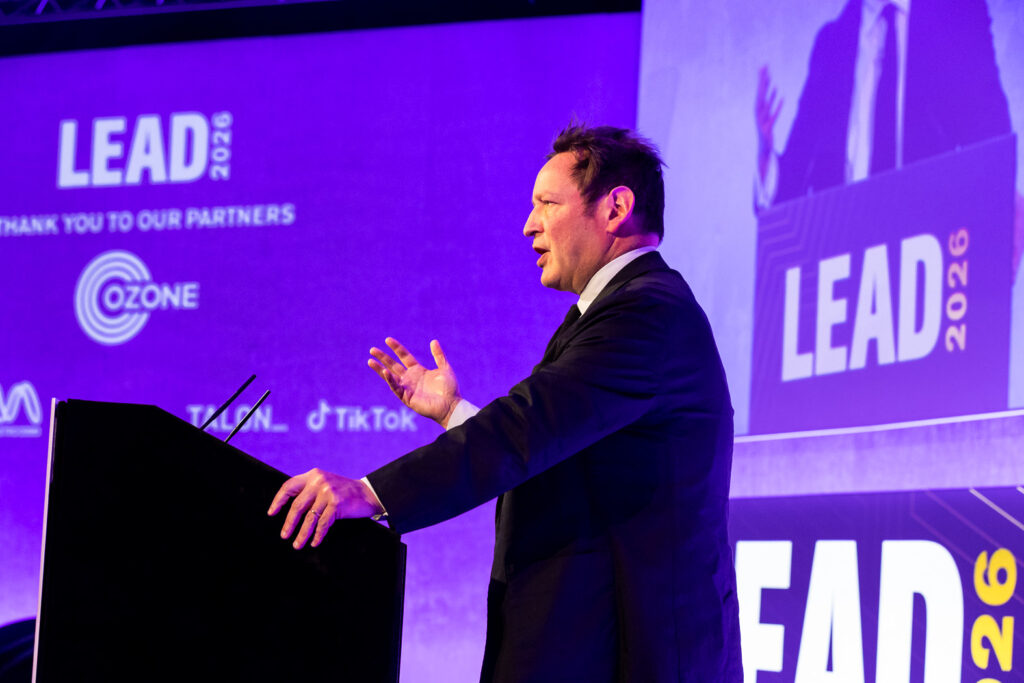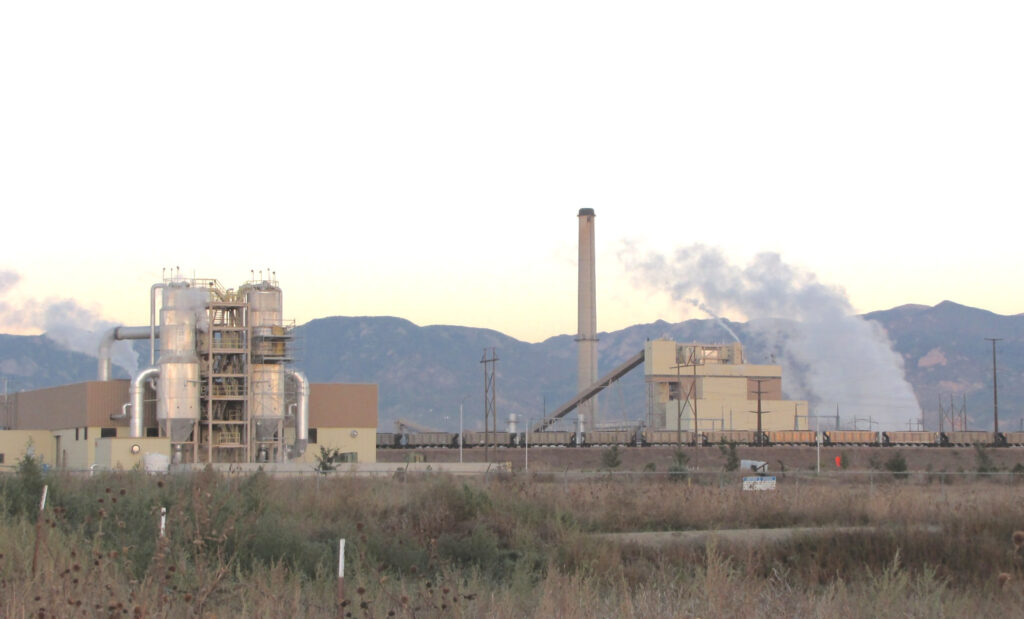As the U.S. Congress debates the first substantial fuel-economy boost in decades for automakers, Toyota has joined Detroit in the fight to sustain the practices that have imperiled the planet and driven American car manufacturers to the brink of bankruptcy.
Why would the industry leader in fuel-efficient cars take such a reckless path amid growing awareness of global warming? Because there’s a lot more money to be made if Toyota can slow innovation in Detroit and sustain gas-guzzling.
Just because Toyota, which overtook General Motors last year as the world’s biggest automaker, has been lobbying against higher U.S. standards doesn’t mean it intends to launch a new fleet of gas guzzlers. It just knows that Detroit’s failure to sell more energy-efficient vehicles has led to its brush with bankruptcy. Also, innovation would make them stronger competitors
Toyota and other automakers, backed by most Michigan politicians, are lobbying to kill a Senate bill calling for a 35 miles-per-gallon standard by 2020. The current standard has been frozen at 27.5 miles per gallon since 1985. The automakers want an ambiguous 32 to 35 miles per gallon hike by 2022.
But Japan, where Toyota has its headquarters, and Europe already have much better mileage standards than the U.S. Both have vehicles that could meet the U.S. goal for 2020 today, and they are committed to increasing their standards toward 40 m.p.g. and above in the coming decade. So Toyota, in effect, is lobbying to keep U.S. standards — in 2022 — well behind what Japan’s will be.
Toyota’s clearly acting in its own interest, something most corporations are very good at. It’s time for U.S. automakers to smarten up. Ditto their lick-spittle political lackeys in Motown.
Like this story? Sign up to DeSmogBlog’s weekly newsletter to get the latest news sent direct to your inbox. Or get a customized RSS feed.
Subscribe to our newsletter
Stay up to date with DeSmog news and alerts






